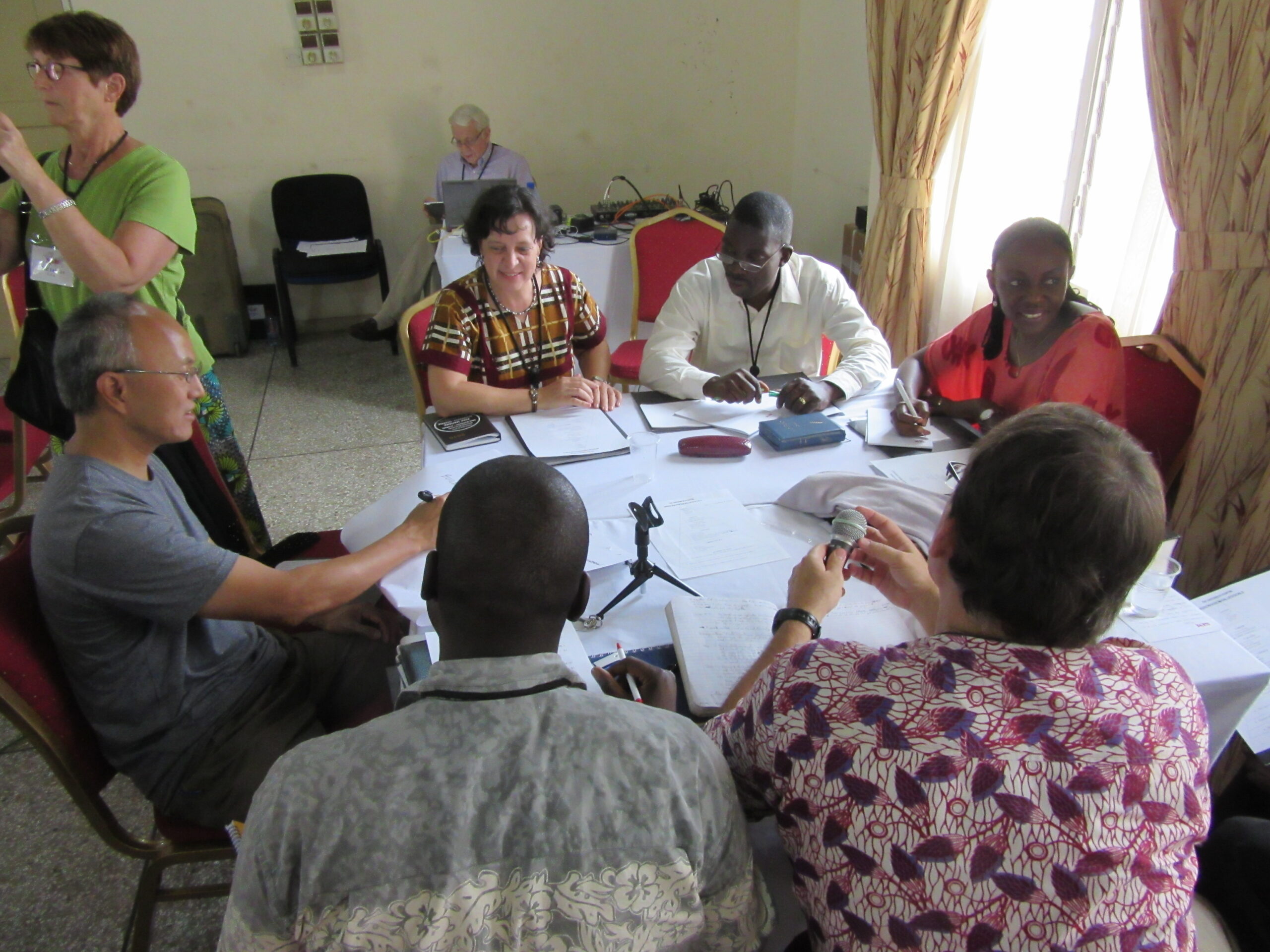How does one assess the learning needs of healthcare missionaries or mission workers? If you are looking to assess your own needs, here is an article that is a good place to start. How would you do it for an entire organization, or the entire enterprise of healthcare missions?
The Global Healthcare Workers Needs Assessment (GHWNA) Survey Report was completed in 2015 by Mark Strand and Amber Wood, under the sponsorship of MedSend and endorsed by the Christian Medical and Dental Association of the US. The aim was included in the title of the report: “That Healthcare Missionaries Might Flourish.” The aim was to “investigate how to better equip healthcare missionaries for long-term service.” It builds on the PRISM survey which was more about the training, support and satifaction of healthcare missionaries with their role, with a view towards making needed changes in selection, preparation and equipping of these workers.
Some key findings:
Healthcare missionary respondents had a mean age of 41 years. Years in cross-cultural service were 7.2 for those currently serving and 4.8 for those who had returned from the field. All were American missionaries, so we need to generalize with care.
85-90% of these healthcare missionaries reported that they were able to see lives transformed, meet spiritual needs, and share the gospel with those they served.
While there was a high degree of satisfaction with their roles in healthcare (93% and 84% of currently serving and returned missionaries, respectively), many (33 and 34%) reported a discrepancy between their roles and what they expected. Role inconsistency is a problem for medical missionaries.
Those currently serving spend less of their time on clinical work, and more on administration, church or mission agency responsibilities, and general organizational leadership, than post-field missionaries did when serving on the field.
In terms of needs assessment, healthcare workers serving overseas find themselves with many jobs for which they are unprepared. These cross-cultural healthcare workers rated professional development and leadership training as important as cross-cultural training in preparation for the field. Those serving on the field weigh public health equally to clinical skills in terms of training.
Leadership training needs reported by respondents in order of importance were: mentoring, strategic planning, and general leadership skills. However only 38% of all respondents had mentors, and only 18% of sending agencies assign mentors who are healthcare professionals themselves.
Of note, 18% of those serving and 20% of those previously serving were individuals at risk for burnout based on callousness, and 8% and 20% based on exhaustion.
Half of post-field respondents left the field for potentially preventable reasons, most often burnout, interpersonal conflict, or emotional exhaustion.
Learning needs for American medical missionaries might therefore include not only cross cultural preparation and clinical competence but leadership and management skills, burnout awareness and prevention, conflict management and emotional awareness. When possible there should be intentional mentoring which is delivered by healthcare professionals who understand the challenges of cross-cultural service.
How would you assess your learning needs in terms of service as a healthcare worker? Where would you agree or disagree with these survey findings?


Leave a Reply